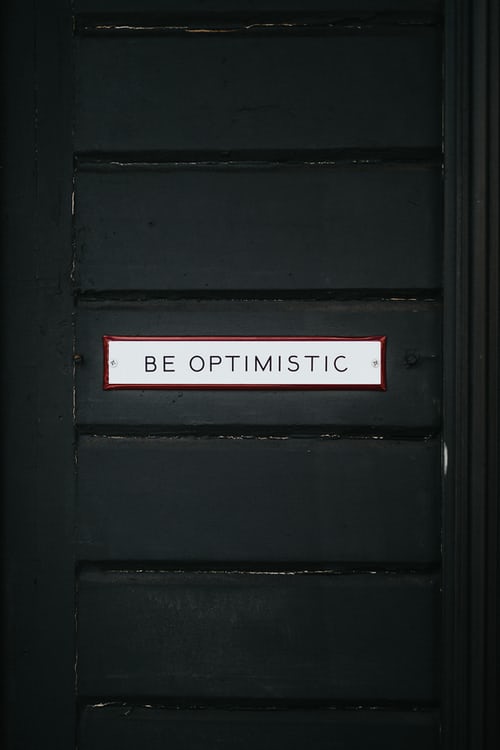I’m sure most, if not all of you reading this post have experienced what I’m experiencing right now: a feeling of hanging in limbo. As though you’re unsure of your next move and have difficulty planning your days.
There are a lot of reasons I can point to for my annoying, energy and motivation-sapping funk.
- We’re planning a trip to see our grandbaby, and I’m antsy to go on a vacation to see her.
- We’re doing home projects to get our house ready to sell (we think), and I’m weary of projects.
- The weekly spring Bible study I taught recently ended, and I’m missing gathering with my beloved friends something fierce. (I’m also missing the rigors of studying and preparing to teach too.)
- Post-COVID infection brain fog isn’t helping, either. It’s not occurring as often as it did, but when it hits, I patiently ride it out and try to re-focus. I’m usually, but not always, successful.
But what has probably dampened my world the most is the fact that my mother is likely nearing the end of her earthly journey.
We thought it would happen last year, in early December when she was diagnosed with COVID and went from a fairly energetic ninety-eight-year old to a ninety-nine-year old (she turned 99 during her bout with COVID and never knew she had a birthday) who was just a shell of the woman she had been.
Since she, as many older people did, got hit especially hard with neurological symptoms, including hallucinations and catatonic spaciness, her dementia worsened. And she went from being able to walk with her walker to being bed-ridden.
Of course, because I wasn’t allowed to visit her, I didn’t witness the transition. I only got the daily updates by phone from her caregiver. I was on the road with my husband to meet and hold our first grandchild. The worry and mental strain from wondering if I’d ever see my mother alive again weighed heavily on me. And threatened to vacuum all of the giddy joy out of holding my brand new granddaughter.
I had to remind myself that this was no surprise to God; that He was in control; and that there was really nothing I could do, except pray and hope.
At the end of this post, I’ll include the devotional I wrote about this event for Guideposts’ Strength and Grace daily devotions bi-monthly magazine. (I highly recommend this devotional for all the caregivers you know. The truths and encouragement you glean from the devotions are wonderful. It’s always amazing to me to what God teaches us through trials and heartaches.)
But getting back to my mom and how she’s doing now.
She’s really winding down, but I suspect we’re still on a roller coaster ride. Last week all of us—including her hospice nurse—thought she only had days to live. But when Chris and I arrived last Sunday for a visit, she was sitting up in the recliner, looking pretty alert. The day before, she chatted up a storm for a couple of hours, even though she was in bed.
Last Friday my afternoon activity was visiting the mortuary staff to make some decisions ahead of time, in case she takes her leave while I’m visiting my son, daughter-in-law and granddaughter.
I can tell God is preparing my heart. I’m already shedding tears and coming to grips with the reality that I’ll be an “orphan,” without siblings to share long-ago memories.
That will be hard. And a little scary, I think.
I’ll have to chat with my aunt about that one. She’s also an only child and lost her parents years ago. At least she’ll be able to empathize and commiserate.
I’m sure all of these factors are contributing to my blah mental state and writer’s block. I’m trying to be patient with myself, recognize what’s swirling around me, lean into it, abiding in our gracious, loving Lord, and gaining perspective and strength from that abiding.
Which brings me to another reason
Post-Easter letdown.
The emotional, spiritual, and often physical investment of the forty days of Lent, Holy Week, Maundy Thursday, Good Friday and then the rousing celebrating on Easter Sunday can result in a kind of let-down feeling. As though it all happened, and now it’s over, and a feeling of “what now?” niggles your spirit.
But if we look at what happened after the Resurrection, which we started to explore on April 19 post, we can see all that was going on with Jesus and His disciples and really bask in the joy of our salvation and future hope.
And that’s where we’ll be heading next week. To walk with Jesus’ followers, eavesdrop on their conversations. Try to feel their hearts as they encounter the risen Lord and learn what comes next in their lives.
And to witness the compassion and love of Jesus for His friends.
So, until the next post, which is scheduled to publish at 1:00 AM May 10 (I’m returning to Monday releases), may your heart be full of godly perspective and hope as you walk curvy, hilly and rocky paths of life!
Blessings,
Andrea
“Beloved, I pray that you may prosper in all things and be in health, just as your soul prospers.”
Andrea Arthur Owan, M.S., A.T., R., is a health and fitness pro, speaker, award-winning inspirational writer, memoirist, and senior-ordained chaplain (IFOC). She helps people thrive physically, emotionally and spiritually and recover from grief, loss and trauma.















